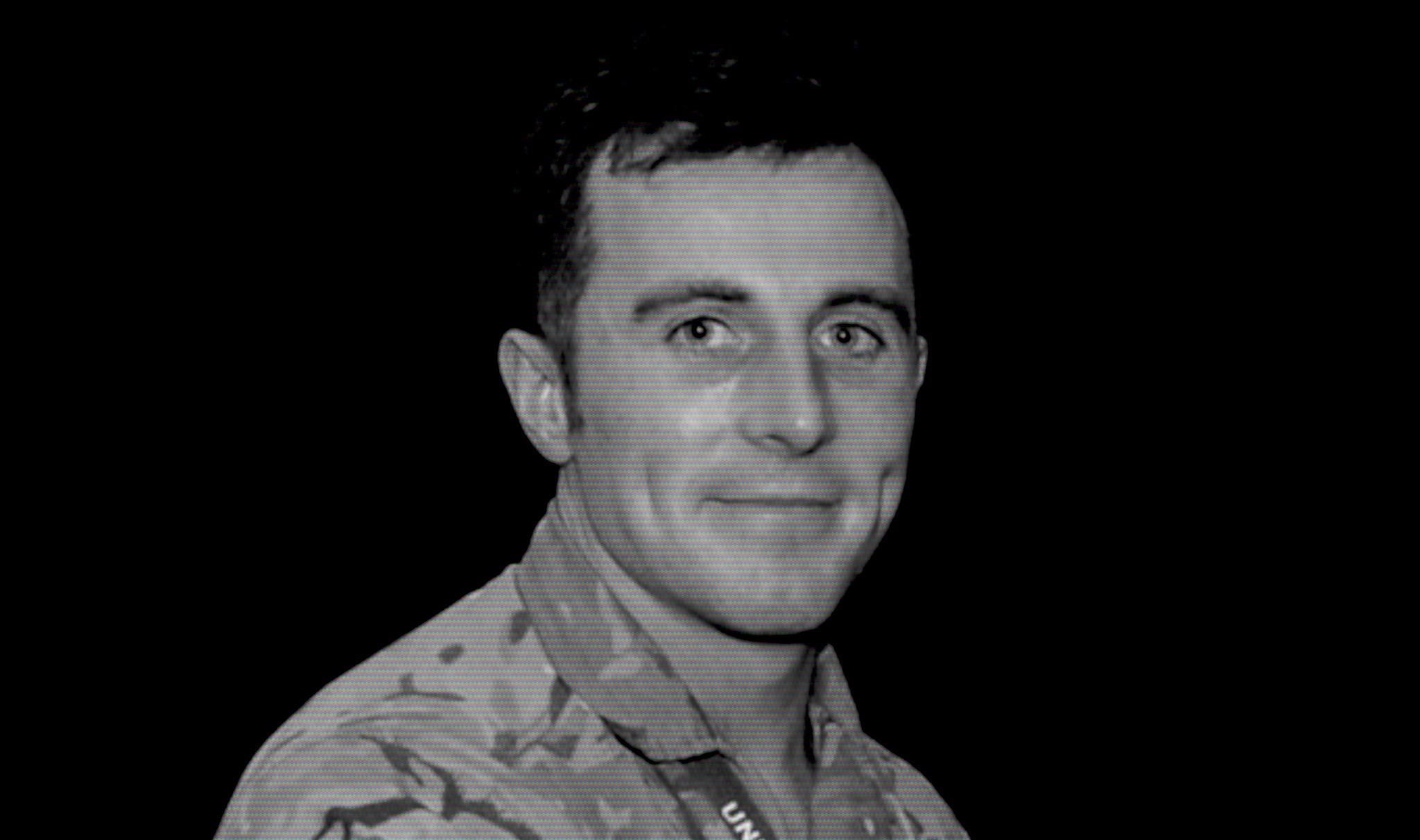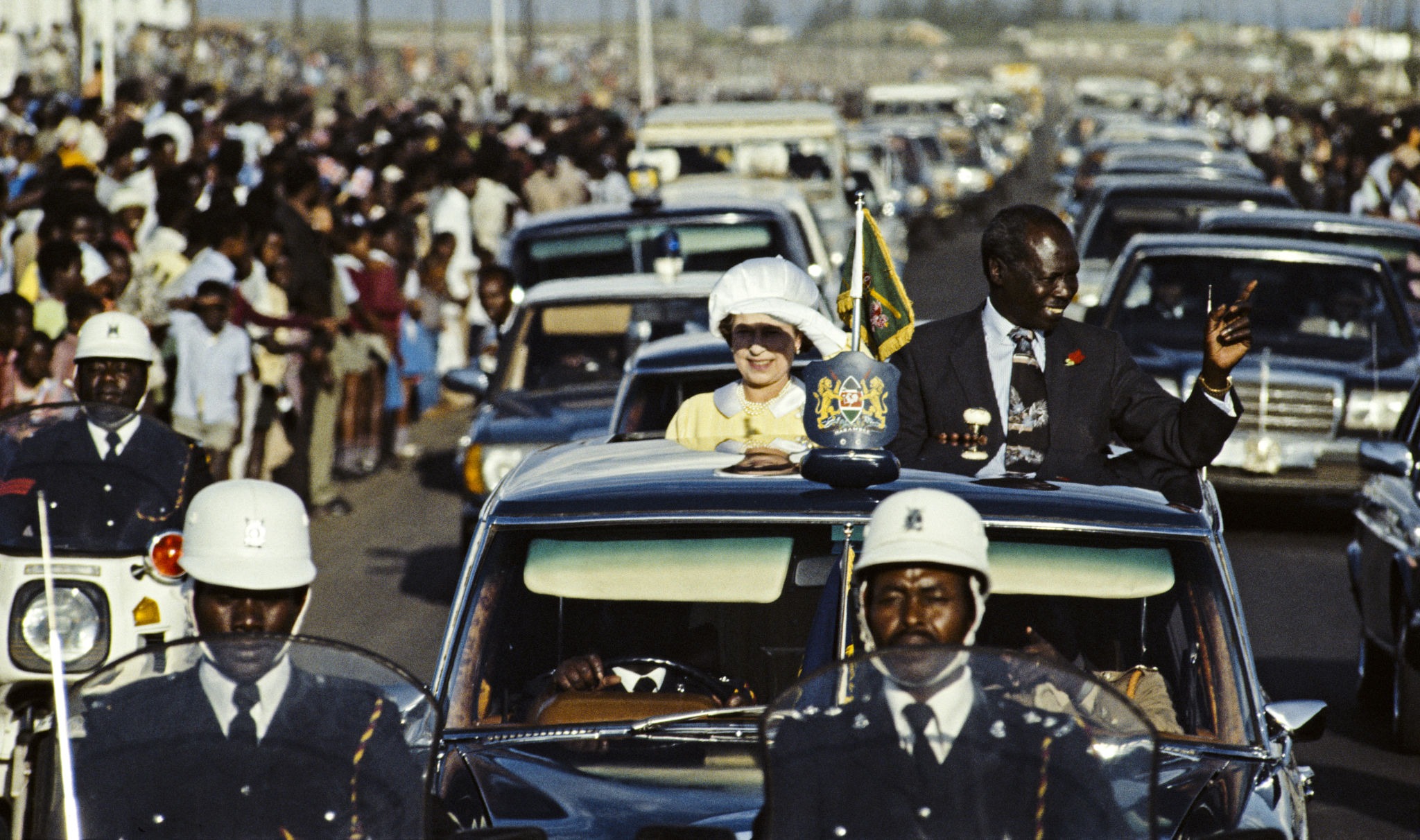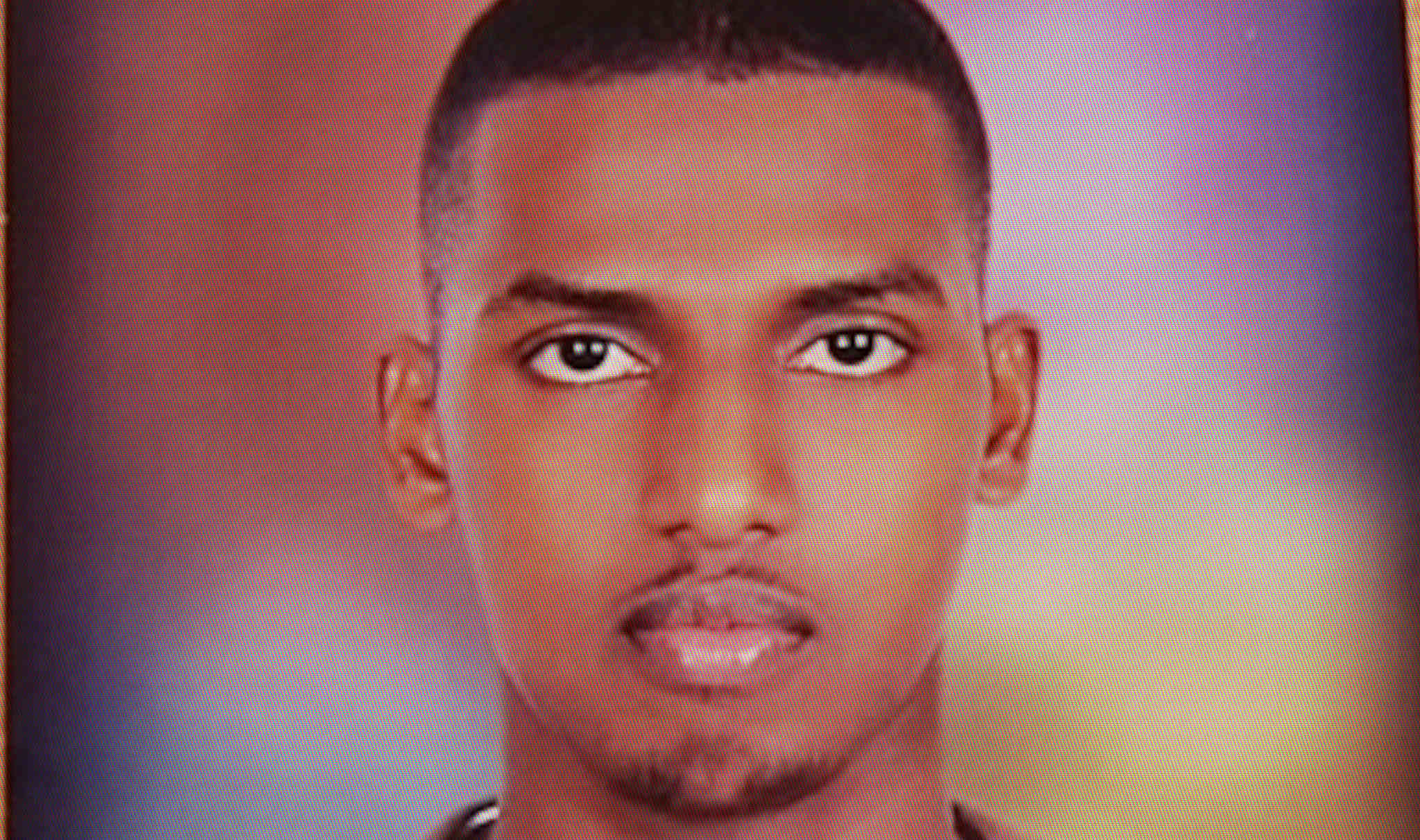A coroner in the home town of Britain’s Special Air Service (SAS) will investigate the fatal shooting of a soldier in Kenya, Declassified has found.
Major Kevin McCool’s inquest opened last Monday in Hereford. Staff at the coroner’s office there believe the 32-year-old was a member of the local SAS regiment and that’s why their town was selected.
Coroners are required by law to investigate violent or unnatural deaths. Inquests for SAS personnel who die abroad are traditionally held at Hereford town hall.
It comes as the Ministry of Defence (MoD) refuses to specify McCool’s military unit. Public records from 2014 show the Sandhurst graduate first joined the parachute regiment – which is a typical path into the SAS.
The Kenya Human Rights Commission (KHRC) offered its “heartfelt condolences” to the soldier’s family. But it told Declassified of “serious concerns” about why the elite warrior was posted to east Africa, where an SAS deployment has not been openly declared.
Lawmakers in Nairobi are currently holding an inquiry into British army activities in the former colony. The UK retains a controversial training camp in Nanyuki, 90 miles north of Nairobi. McCool was stationed separately at the British High Commission in the capital as a “regional military advisor”.
He was apparently shot dead by muggers while off duty on a motorbike trip in the Ngong Hills, just outside Nairobi. He was taken to hospital before succumbing to his injuries on 29 November. The Foreign Office has not updated its travel advice to include the incident.
When McCool’s death was announced, the MoD press release carried glowing quotes from his commanders. They were unnamed – contrary to standard practice. Yet they hinted at his SAS connection by calling him a “pilgrim soul in the truest sense”.
Veterans believe that was a nod to James Elroy Flecker’s poem, The golden journey to Samarkand. It contains the verse: “We are the Pilgrims, master; we shall go always a little further”. These words are inscribed on SAS memorials at their headquarters and in Hereford Cathedral.
Kenyan concerns
Very little is known about what the SAS does in Kenya. In the mid-1980s, they trained bodyguards for Kenya’s autocratic President Moi amid a crackdown on dissent.
More recently, they have trained Kenyan commandos on counter-terrorism via the embassy in Nairobi. That’s where McCool was working.
And while there’s no suggestion he did anything wrong, his presence has raised questions in Kenya. The counter-terrorism scheme is focused on al-Shabaab, a militant group in Somalia that can penetrate deep inside Kenya.
Despite nearly two decades of attempts by the West to defeat al-Shabaab, the group continues to mount attacks in Somalia’s capital, Mogadishu.
During one al-Shabaab attack on a Nairobi hotel in 2019, SAS sergeant Christian Craighead suddenly showed up fully armed. The MoD won a court case this October to gag Craighead from writing a book about his time in Kenya.
Incidents like that indicate the UK military’s ‘training role’ is probably more hands-on. Some researchers believe the SAS also patrols near Somalia’s border in the Boni Forest.
The KHRC said the MoD’s “reluctance to disclose Major McCool’s specific army affiliation raises doubts about the transparency of the operations he was leading.”
Their spokesman told Declassified: “These concerns arise from the lack of transparency surrounding the UK’s military operations in Kenya – operations that have resulted in enforced disappearances, renditions, and, regrettably, even the loss of innocent lives.”
People suspected of terrorism in Kenya are often killed in suspicious circumstances – rather than arrested and put on trial. KHRC highlighted the case of Omar Faraj, a cashier in Mombasa who was shot dead in 2012 by a Kenyan commando unit that receives intelligence from MI6.
The British spy agency, which works closely with the SAS, is known to have helped run a joint unit with Kenyan intelligence officers codenamed ARCTIC. That unit, which received money and tasking from MI6, operates alongside a Kenyan firearms team accused of extrajudicial killings.
A report published this month by parliament’s intelligence committee revealed that when Dominic Raab was foreign secretary, he approved dozens of requests to share intelligence with allied agencies that carried a real risk of someone being tortured or mistreated.
Raab compared his approach to risk in such cases with a curry menu, on which he was a “spicy madras”. British spies can rely on verbal “assurances” from foreign counterparts that intelligence they share is not derived from torture.
MI6 told the committee: “On the assurances received, look, they have to be believable. You know, there’s an obvious trap here, isn’t there, that people would be prepared to offer assurances which they have no intention of living up to.”
Kevin McCool: An unlikely candidate
If McCool was working on counter-terrorism in east Africa, he may have been a moderating force on colleagues. He grew up in a predominantly Catholic area of County Armagh, Northern Ireland, where the British army is deeply unpopular.
A short drive from where McCool lived is Loughgall. That’s where the SAS killed eight IRA men in 1987. They were ambushed while trying to blow up a police station. The SAS knew they were coming and lay in wait.
Questions continue as to whether the IRA unit could have been arrested before the assault began. Especially as a civilian was also killed by the security forces, who fired a thousand bullets.
The incident has cast a long shadow over Armagh. McCool would have known the damage soldiers can do to their reputation when they use excessive force.
These sensitivities might explain why the MoD has not commented on McCool’s unit. Declassified understands his funeral will be in Herefordshire and not in Northern Ireland, where dissident republicans still operate.
Inquests are one of the few situations that shed light on the SAS, which is engaged in covert warfare around the world from Yemen to Ukraine. Defence secretary Grant Shapps recently let slip in parliament that British troops are still in Syria and Iraq.
The regiment is exempt from freedom of information law and parliamentary scrutiny committees. There is only transparency in extreme situations, like when the SAS was accused of executing over 50 Afghans.
That’s now subject to a judge-led inquiry in London. Or in a recent criminal case, where two serving SAS men were arrested for allegedly running a drugs ring in Herefordshire.




